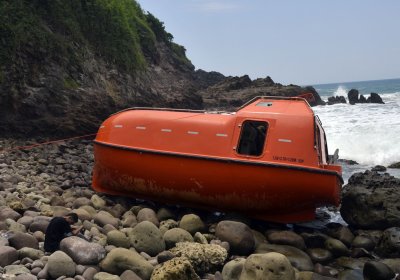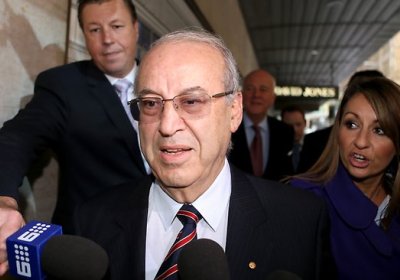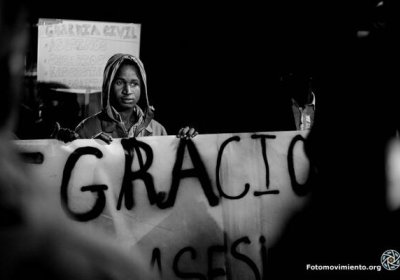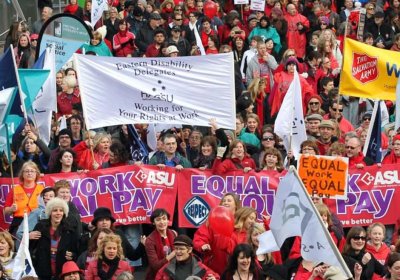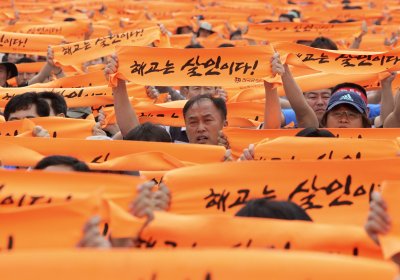For Neville Cunningham
You walk, you walk,
You turn a corner and walk some more
The sun might be there
Some cloud also welcome
But you are always invited
Into the house of the beekeeper.
You will know it when you arrive
Usually an afternoon of daylight
Will warm those neighbourhood bricks
You will feel it on your right cheek!
You’ll know you’ve arrived:
A poster of Ned Kelly hangs in his window
The front door is always open when he’s in
And you can go in once you tap on the screen door.
He’ll be reading a book on his thin mattress
999
Well the fun just never stops, does it, when it comes to the Abbott government’s asylum seeker policies, or as they call it, “border protection”. Because when it comes to needing protection, fleeing war, torture and genocide is one thing, but won’t someone think of all the poor, downtrodden borders?
How many more times must our vulnerable borders be subject to assaults by desperate people using their international right under a convention Australia has signed to sail right over them in their boats without so much as a “Sorry Australian maritime borders! Didn’t see you there!”
Terry Barnes, a former adviser to Prime Minister Tony Abbott, is credited with coming up with the bright idea of introducing a $6 payment when people visit their GP.
After Barnes left the prime minister’s employ, he wrote a submission to the government’s Commission of Audit on behalf of the Australian Centre for Health Research, a right-wing think-tank set up by a private health insurer, proposing the extra charge for GP visits. He claimed that it would save $750 million over four years.
“You don't want a wimp running border protection,” Prime Minister Tony Abbott said on February 21. “You want someone who is strong, who is decent, and Scott Morrison is both strong and decent.”
Abbott was defending immigration minister Scott Morrison for his actions and comments after a young asylum seeker was killed in the Manus Island detention centre on February 16.
An anonymous post to the Facebook group “Parenting Payments for Parents — not Newstart” (PPPNN) on February 26 read: “It’s been a very long, long, tiring road with no help from police regarding the violence ... I am now settled in a new private rental of $355 a week but I just can’t get back on track … I can’t put food on the table or nappies on my children’s bottoms this week.
Institutionalised corruption in New South Wales stretches from the Rum Corps of the late 18th century to present-day politicians from the Labor and Liberal parties.
The pattern has been consistent: public exposure, followed by the confected outrage of “shocked” politicians that comes with contrite promises of reforms. After a suitable time has elapsed, the cycle repeats.
At quarter to six on the morning of February 6, in a wood on the Moroccan side of the border with the Spanish north African enclave Ceuta, about 300 asylum seekers met to try to cross the six-metre high razor-wire fence seperating the two countries.
As approaches its 1000th issue, more than 20 years after it first hit the streets, we will be looking back at some of the campaigns it has covered and its role as an alternative source of news. This week we look at women's liberation.
***
Four days of talks in Singapore for the proposed TransPacific Partnership (TPP) ended inconclusively on February 25.
It is clear big disagreements still exist between the negotiating countries. Combined with unease among the populations in negotiating countries, this is likely to prevent the deal being finalised this year.
Seoul's High Court ruled on February 7 in favour of the 153 members of the SsangYong Motor Company branch of the Korean Metal Workers Union who were unlawfully laid-off in 2009.
At the trial, Chief Justice Cho Hye-hyeon ordered the car company to re-instate all the workers and pay each about $1000 in compensation. The court decision was met with tears of joy from workers and their families.
Throughout March, the United Nations Human Rights Council (UNHRC) will be reviewing the human rights situation in Sri Lanka, among other countries, at it meeting in Geneva.
At last year’s session, the UNHRC passed a resolution calling on the Sri Lankan government to “conduct an independent and credible investigation into allegations of violations of international human rights law and international humanitarian law”.
The armed group Basque Country And Freedom (ETA has made a significant step towards decommissioning the weapons used in its campaign for independence and freedom, Irish Republican News said on February 21. But the Spanish government immediately rejected the move.
The decommissioning by ETA of some its cache of weapons and explosives, drawing a definitive line under decades of bloody conflict, was confirmed by an International Verification Commission.
- Previous page
- Page 2
- Next page
